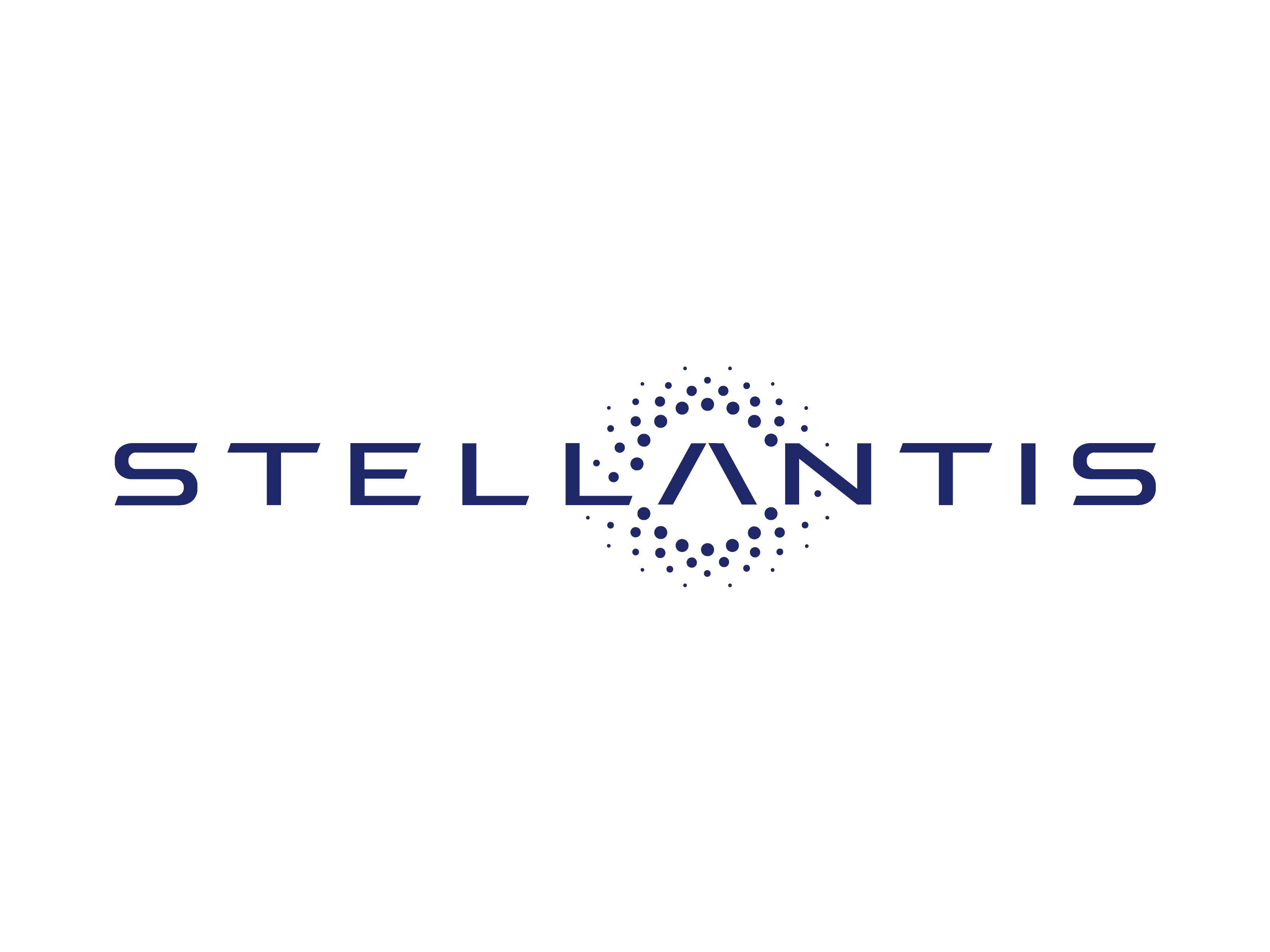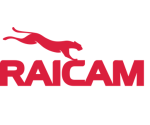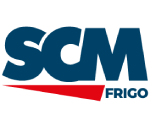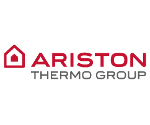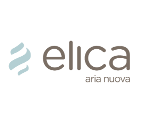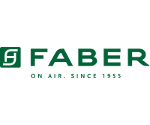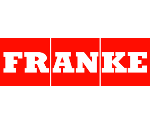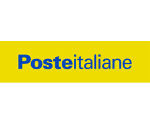EARLY EQUIPMENT
MANAGEMENT
The industrial Processes 4.0
The Early Equipment Management is one of the most important pillars of the
The World Class Project management:
the most crucial themes
The hearth of the EEM is constituted by the “Project Management” which allows the continuous monitoring of the project iter.
The created and handled projects will be monitored constantly by a project Team.
The Project Team is qualified with certified skills.
The project will be validated through the pass of MPInfos and Check Lists.
The Project
There are 7 steps:
1. Planning, 2. Basic design, 3. Detailed design, 4. Manufacturing, 5. Installation, 6. Trial production, 7. Start up
Each step requires the overcoming of a question checklist to be answered to.
Project Team
The team is qualified by skills for each role.
Its purpose is to:
Reply to checklists
Report defects
Solve them
Approve the various steps
MP info
It defines a problem and the relative solution.
The MP Info is documented and accessible by anyone.
Its main virtue is to help and prevent a maintenance problem.
Checklist
They’re a list of checkpoints to be replied to in order to complete each step of the project.
The proposed checkpoints are sent in approval to certain Users with adequate skills (approvers).
Ready to… change?
The Skills
The skills are divided in three categories:
- Reactive
- Preventive
- Proactive
Each role requires a competence level (0 to 5) in certain skills: the radar chart highlights this ratio.
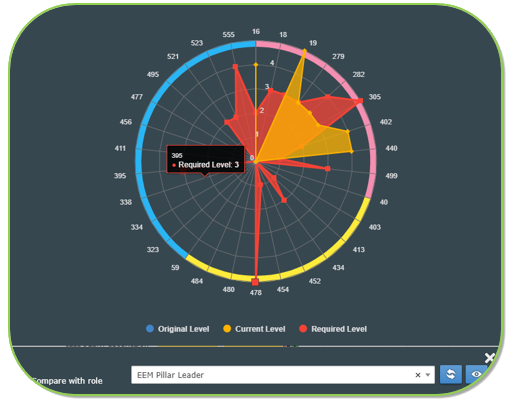
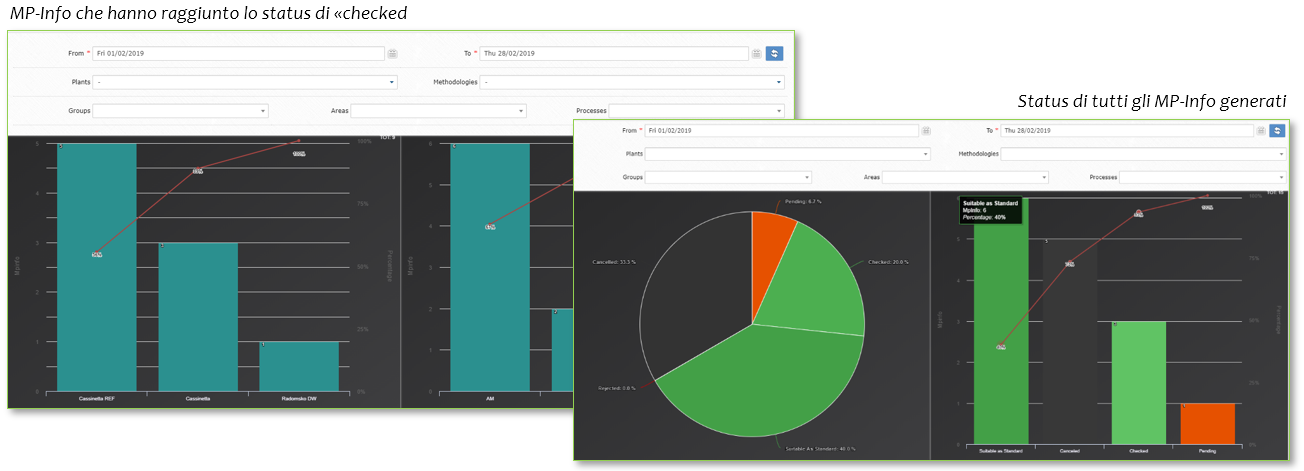
Reports
The reports (strictly visual) allow to perceive immediately the amount of checklists and MPInfos that have reached the status of “checked”.
The data can be filtered by plant, processes, etc…
Project model repository
Each single project comes together with tematic folders in which related documents are uploaded (es. LCC, Machine Ledger, FMEA, ecc…)
Each single time that a new project gets created it’ll bring the folder structure described in the “Project model repository”.

Advantages in using the EEM
The benefits of using a tool like EEM, are quite clear:
- Simplification of maintenance activities as tasks are designed with operation and maintenance in mind
- Mean time to repair (MTTR) and scheduled maintenance time are reduced
- Experience and learning are captured through the continuous improvement process
- Equipment standards ensure that the purchase of new equipment avoids the reoccurrence of problems that have already been addressed and resolved
- Shortened lead times from design to installation
- Reduced operating costs over the life of the asset (LCC)
Think big.
Think NeXT.
"The remedy for inefficiencies lies in systemic management, not in the constant search for extraordinary men."
Ready to… change?
© 2023 NeXT Srl Unipersonale - P.IVa. 02510420421 - Privacy and cookie information - Powered by Fuel31




